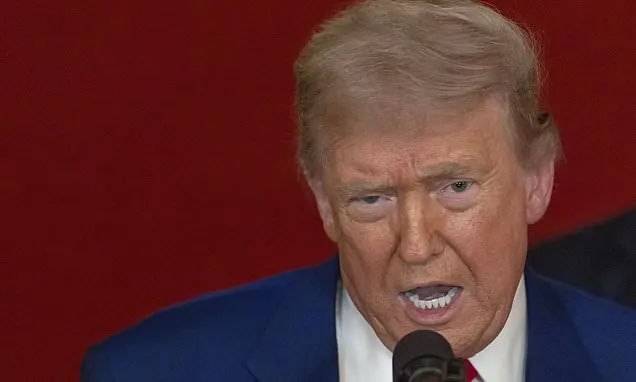The fledgling ceasefire between Iran and Israel appeared in jeopardy mere hours after it was agreed.
Both Middle Eastern countries had agreed to lay down arms, following a proposal by US President Donald Trump.
But on Tuesday morning, only hours after Israel agreed to the ceasefire, its defence minister Israel Katz claimed Iran had "completely violated" the agreement by launching missile strikes after it came into effect.
The defence minister instructed Israeli forces to resume targeting Iranian paramilitary and government targets.
It's obviously a fragile situation in the Middle East
The UK had earlier welcomed the cessation in the fighting, but Cabinet Office minister Pat McFadden cautiously told BBC Breakfast it was "good news, if the ceasefire holds".
He added: "It's obviously a fragile situation in the Middle East."
"A number of people have been killed overnight in missile strikes, but I think the whole world will hope that the ceasefire will hold and that Iran will come forward with a credible plan that shows that it will not pursue the development of a nuclear weapon."
Israel had agreed to the ceasefire early on Tuesday morning, with the country's prime minister Benjamin Netanyahu reasoning it had achieved all its goals in its 12-day war against Iran, including removing the threat of its nuclear programme.
"Israel will respond forcefully to any violation of the ceasefire," the Israeli prime minister warned.
Iran's foreign minister Abbas Araghchi had earlier posted on social media site X there was "NO 'agreement' on any ceasefire or cessation of military operations".
But he said Iran had "no intention" of continuing attacks if Israel stopped its "illegal aggression against the Iranian people" by 4am Tehran time (2am BST), around a quarter of an hour before his post.
Mr Trump first claimed an agreement had been reached overnight, but both Israel and Iran were initially silent.
Writing on his social media site Truth Social, Mr Trump announced the "complete and total ceasefire" to be brought in over 24 hours, saying the two countries had approached him "almost simultaneously".
He said the ceasefire would be phased in, giving the two countries six hours to have "wound down and completed their in progress, final missions".
It followed an onslaught of missiles targeting Israel early on Tuesday, which killed at least four people.
Israel in turn launched a blitz of airstrikes targeting sites across Iran before dawn.
Sir Keir Starmer will arrive at the Nato summit in the Netherlands on Tuesday, where the fragile situation in the Middle East is likely to dominate leaders' conversations.
The UK started evacuating Britons from Israel on Monday, with the first group of 63 flown back via Cyprus.
Downing Street said "around 1,000" people had requested a seat on an evacuation flight - a quarter of the 4,000 who had registered their presence in Israel or Palestine with the Foreign Office.
Shadow foreign secretary Dame Priti Patel told Sky News that the Conservatives felt America's intervention in the conflict was "absolutely essential and necessary" to degrade Iran's nuclear capabilities.
But the frontbench Tory hit out at the Government for a lack of clarity on its support for the US and Israel.
She said: "The Government has not been able to say - I was in Parliament yesterday - whether or not they supported this action or took a view on this action."
"I think the British people need clarity; they need to know whether or not their own government—the government of the day—backed the action."
